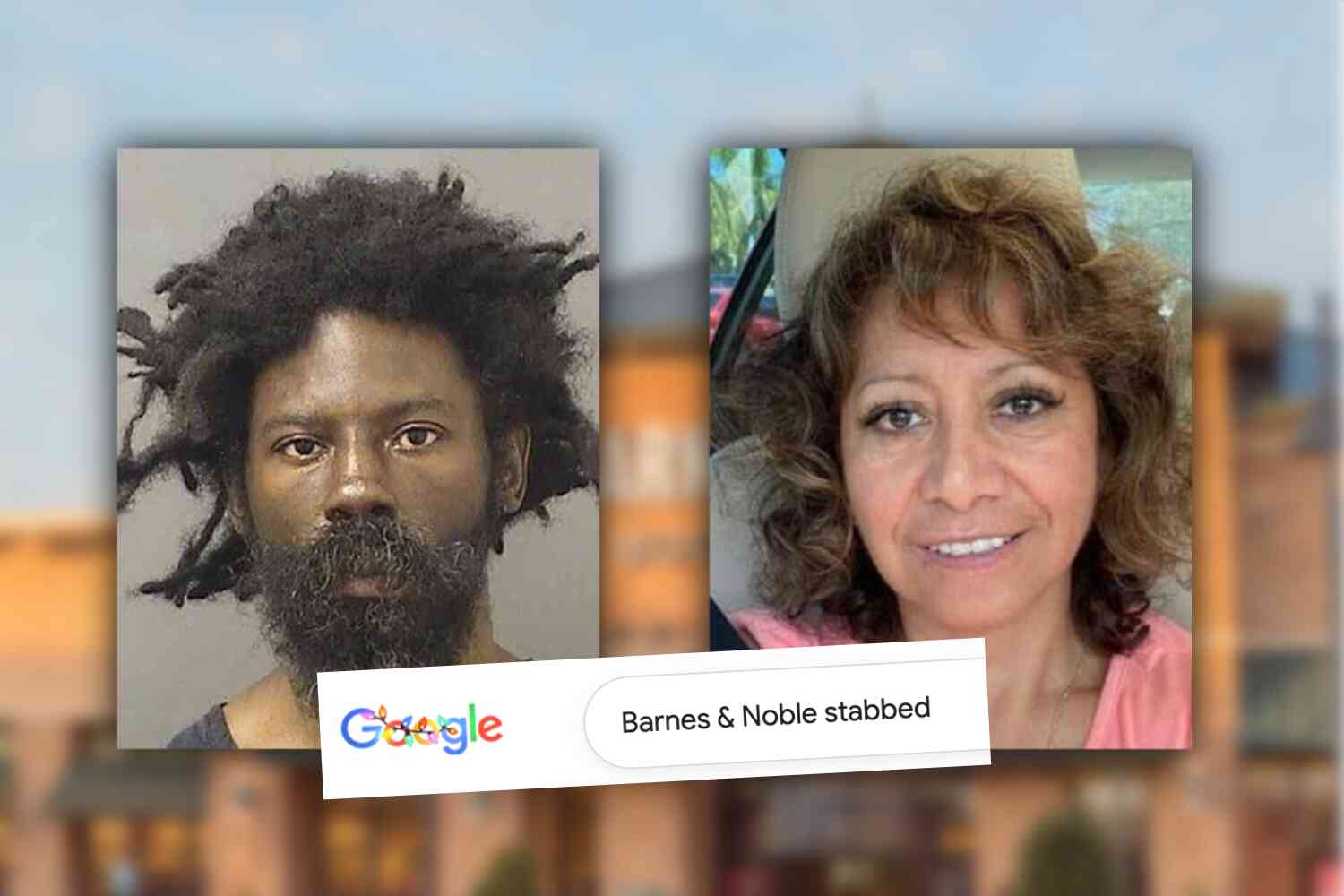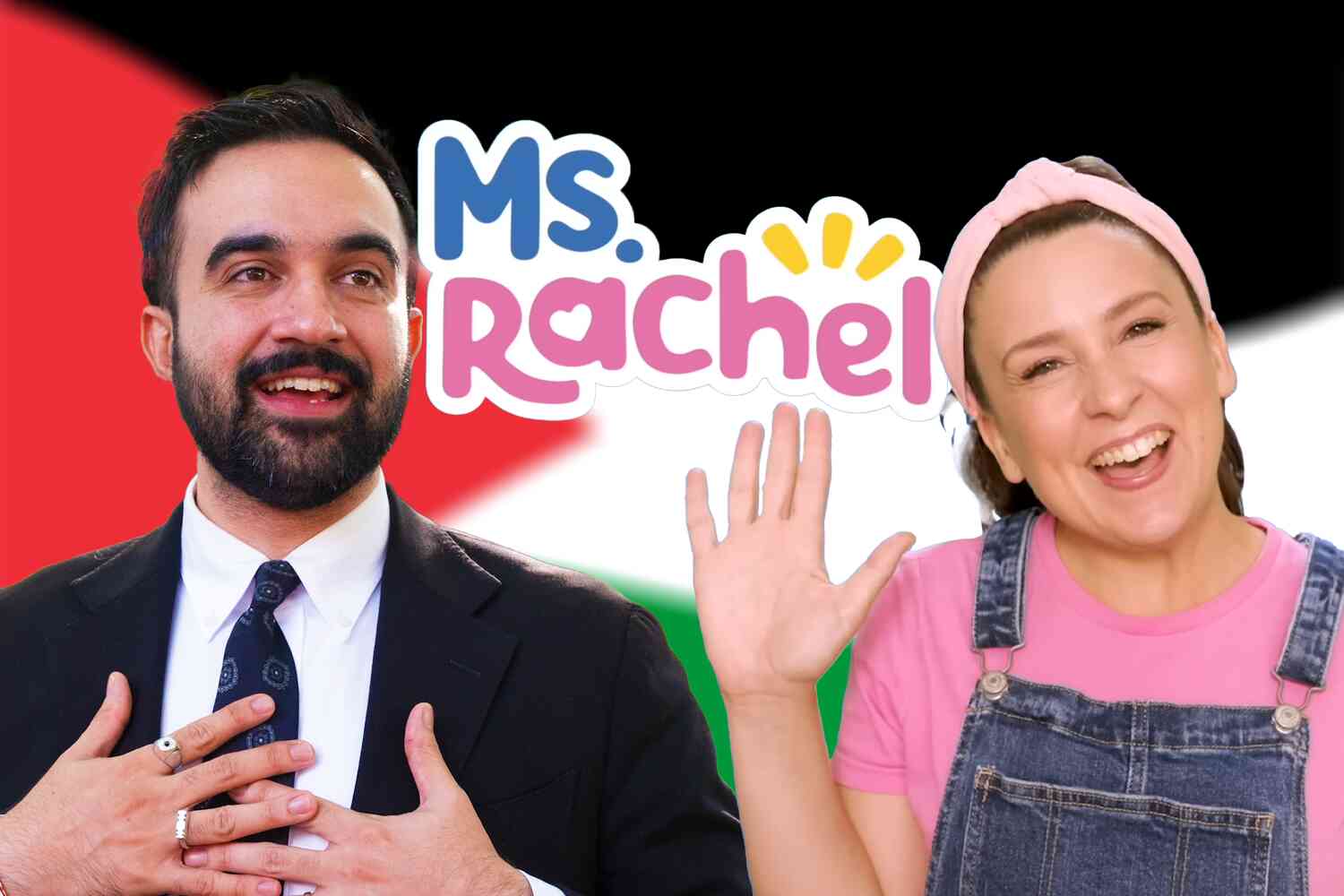Jennifer Lahl of the Center for Bioethics (CBC) has done a wonderful job of exposing the horrors of the surrogacy industry. Recently, the CBC published a tragic story of a surrogate mother, Brittney Pearson, who was pressured to abort the baby she was carrying for a gay couple after she was diagnosed with breast cancer.
Thankfully her contract, unlike that of many surrogates, allowed her the final say on whether or not to have an abortion, and she instead chose to be induced to deliver the baby early. Tragically, she had no say in what would happen to the baby after that point, and the "fathers" requested that no life-saving measures would be performed on the baby.
The male couple said they did not want the baby to be born before 38 weeks (37 weeks is considered full-term) due to the potential of the child being born with health problems.
When the hospital approached them about putting the baby up for adoption they were adamant that they did not want "their 'DNA out there' being raised by someone else."
The Center for Bioethics explained,
The physician in this case has two patients. First is the pregnant woman, and second is the baby she is carrying. We see competing interests in medical care between the mother and the baby being directed by the purchasing parents and not the physician. The mother wanted to try and deliver early, in hopes of saving the baby, and being allowed to start her cancer treatment in hopes of saving her life. But California law recognizes the contracting intended parents in surrogacy arrangements as the legal parents, they alone can make decisions around the care of the baby. In this case, refusing care.
Because the purchasing couple threatened legal action against the hospital regarding the care (or lack thereof) of both the surrogate and the baby, Pearson had difficulty finding a hospital that would agree to induce her at only 24 weeks.
When she did find a hospital to deliver the baby, the child tragically died shortly after birth.
At 24 weeks, the baby would have required medical intervention to survive, but the legal fathers had requested no life-saving measures, even though babies even younger than 24 weeks have survived and gone on to live normal, healthy lives.
Here's the email from Pearson's aunt to Jennifer Lahl explaining the horrific situation:
Last year, Jennifer Lahl was on Allie Beth Stuckey's podcast several times talking about her work at the Center for Bioethics, especially concerning the vast ethical concerns surrounding the surrogacy industry.
Here's the first part of those interviews, but they are all well worth the time to listen.









